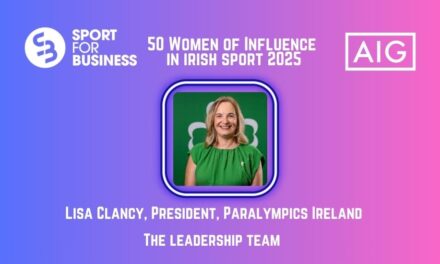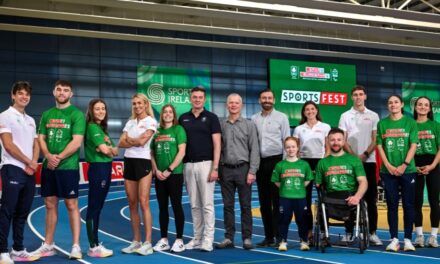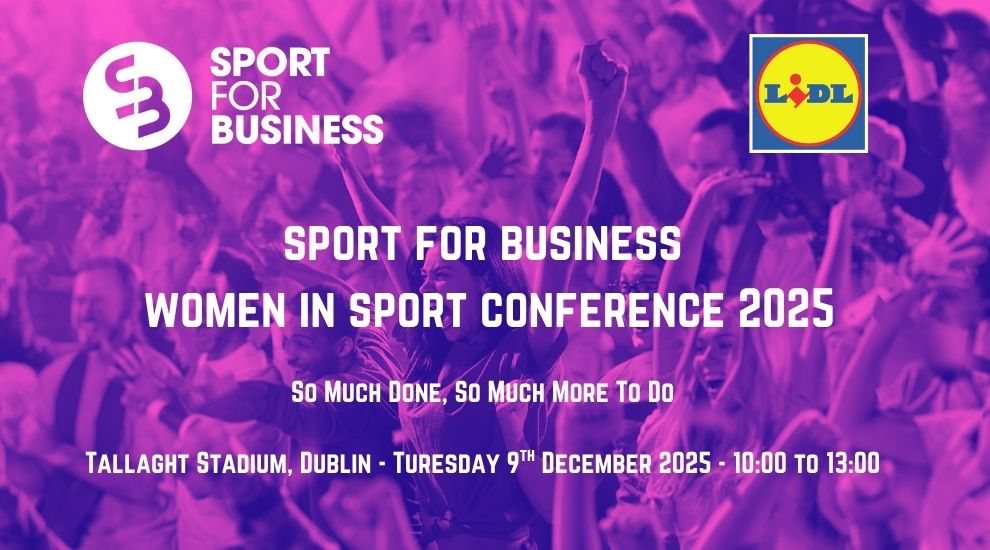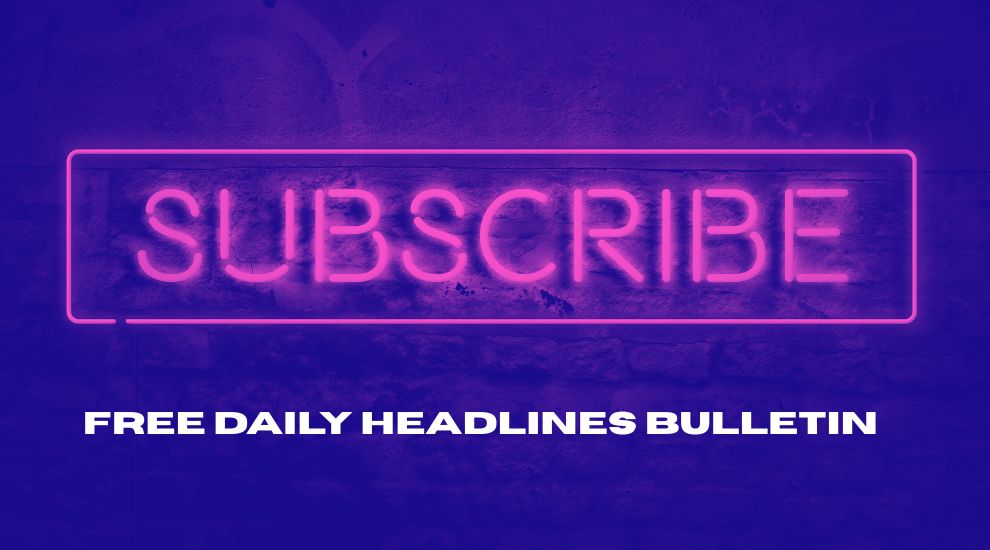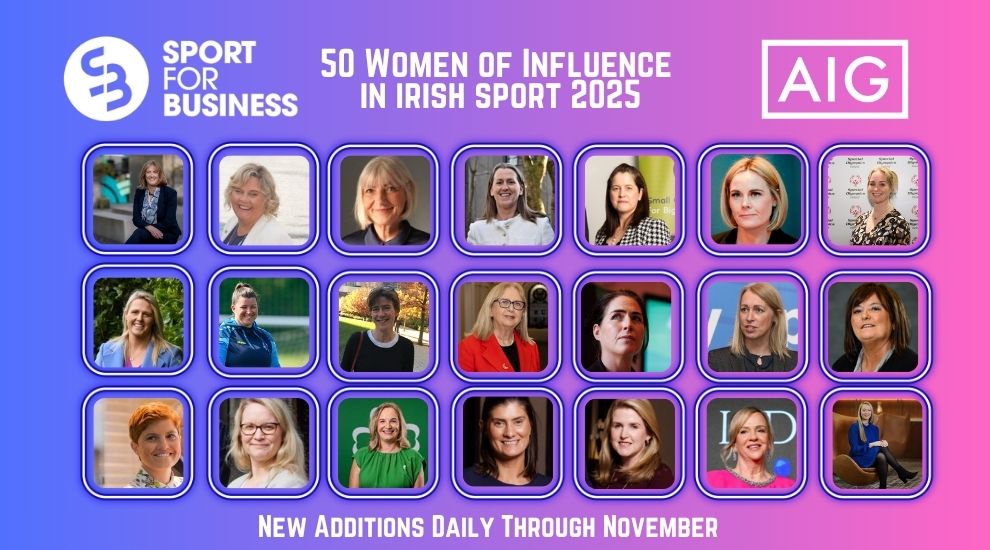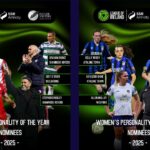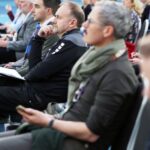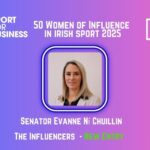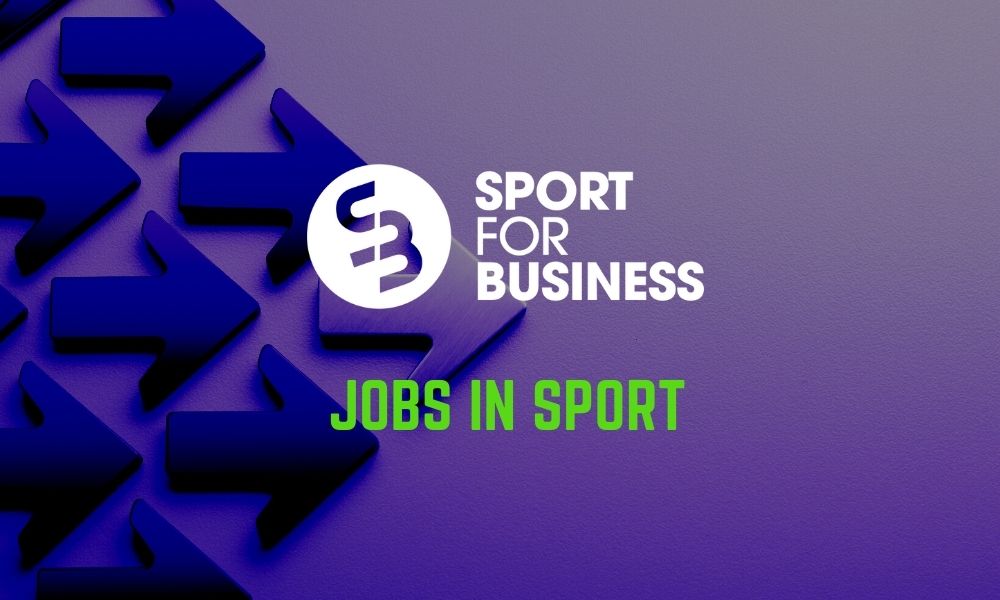A groundbreaking new study launched at the University of Limerick has revealed significant challenges and disparities in access to Para-sport in Ireland, particularly for girls and individuals who acquire disabilities later in life.
The report, Gateways & Pathways: Athlete and Coach Experiences of Para Sport in Ireland, was commissioned by Paralympics Ireland in partnership with the University of Limerick, and is being described as the most comprehensive examination to date of the lived experiences of Para athletes and coaches in the country.
Launched by Minister of State for Disability, Hildegarde Naughton TD, the research identifies a series of systemic barriers that continue to hinder full participation in sport for people with disabilities, despite recent progress.
Stark Gender Gap
One of the most striking findings is the gender gap in participation. The research shows that girls with disabilities begin engaging in sport nearly a decade later than boys, suggesting that opportunities and encouragement are falling far short during childhood and adolescence.
“This research is a call to action,” said Dr. Séan Healy, Associate Professor of Physical Activity and Sport Participation at UL and the study’s lead researcher.
“By identifying where the system is falling short, we now have the opportunity to reshape how Para sport is delivered in this country.”
The report also highlights the greater difficulties faced by individuals who acquire a disability later in life, compared to those with congenital disabilities.
These include navigating unfamiliar systems, facing increased dependence on others, and adjusting to significant lifestyle changes—all of which can act as deterrents to participating in sports.
Systemic Barriers
The study identifies several recurring obstacles, including the high cost of participation, lack of accessible facilities, inadequate adaptive equipment, and a heavy reliance on family or support networks for transport and assistance.
These challenges, the researchers argue, highlight a broader lack of structural support for inclusive sport at both local and national levels.
Alan Dineen, a research assistant on the project and an Irish Wheelchair Rugby player, noted that while participation in sport has had a transformative impact on his life, the pathway to involvement remains unclear for many. “I was lucky,” he said. “But it shouldn’t come down to luck.”
Missed Opportunities in Schools and Rehab Settings
The report also draws attention to missed opportunities within key environments such as schools, family settings, and rehabilitation centres. These spaces, it argues, have enormous potential to act as early gateways into sport but are often underutilised or ill-equipped to provide meaningful pathways for participation.
Dr. Healy called for targeted investment in community-based programmes and the development of a more robust coaching infrastructure. “We need trained coaches, local support systems, and accessible equipment,” he said. “Without those foundations, we’re setting people up to fail.”
Government Response
Minister Naughton welcomed the research, describing it as “a critical part” of the Government’s broader disability and inclusion strategy.
“Sport and physical activity is crucial for the health and wellbeing of our society,” she said. “I am a firm believer that all people should have the right to enjoy sport, which brings so much to all our lives. Despite welcome progress, there remains an enduring participation gap between persons with a disability and those without. The research we are publishing today will inform how we work together to close that gap.”
A Vision for Change
For Paralympics Ireland, the report validates long-standing concerns within the disability sport community. Neasa Russell, the organisation’s Chief Operating Officer, said the findings are both sobering and galvanising.
“This research shines a powerful light on both the barriers and the opportunities within Irish Para sport,” she said. “It confirms what many in our community have long felt – that access is unequal, especially for girls and for those who acquire a disability later in life. But it also highlights the transformative role sport can play when those barriers are removed.”
Russell stressed the importance of ensuring that “every person with a disability, regardless of gender, age, or background, has a clear and supported pathway into sport.”
Next Steps
Paralympics Ireland and the University of Limerick will now begin working with key stakeholders across sport, education, health, and government to disseminate the findings and implement the report’s recommendations. This includes exploring new initiatives, enhancing training programmes, and advocating for increased investment at local and national levels.
As Dr. Healy concluded: “We now have the evidence. The question is—what are we going to do with it?”
Sport for Business Research RoundTable
Our membership has spoken, and the results of our annual review will be published on July 7th, outlining what we think and what we plan to do.
Then, on the following Wednesday, July 9th, we will host a Round Table event for Sponsors, Rights Holders, and Agencies to dive a little deeper and share their thoughts on the research and where we stand in mid-2025.
Find out More about Our Sport for Business Events Programme Here
The Latest Sport for Business Podcasts
Further Reading for Sport for Business members:
Check out more of our Sport for Business coverage of Research
WHAT’S UP NEXT?
Sport for Business is in planning for major events bringing together leaders in Irish Sport and Business across a range of subjects in the second half of the year.
On Thursday, August 29th we will host a special event looking at Future Proofing Irish Sport including the use of AI in sport.
Register your interest in joining us for this event above
Find out More about Our Sport for Business Events Programme Here
MEMBERSHIP AND EVENTS
Paralympics Ireland and the University of Limerick, as well as all the leading sporting and business organisations in and around the world of sport are among the 300+ members of the Sport for Business community.
This includes all of the leading sports and sponsors, as well as commercial and state agencies, individuals interested in our world, and an increasing number from beyond these shores taking a keen interest in Ireland.
Find out more about becoming a member today.
Get the full benefit of a Sport for Business membership by joining us at one of our upcoming events, where sporting and business leadership come together.
Or sign up for our twice-daily bulletins to get a flavour of the material we cover.
Sign up for our News Bulletins here.






